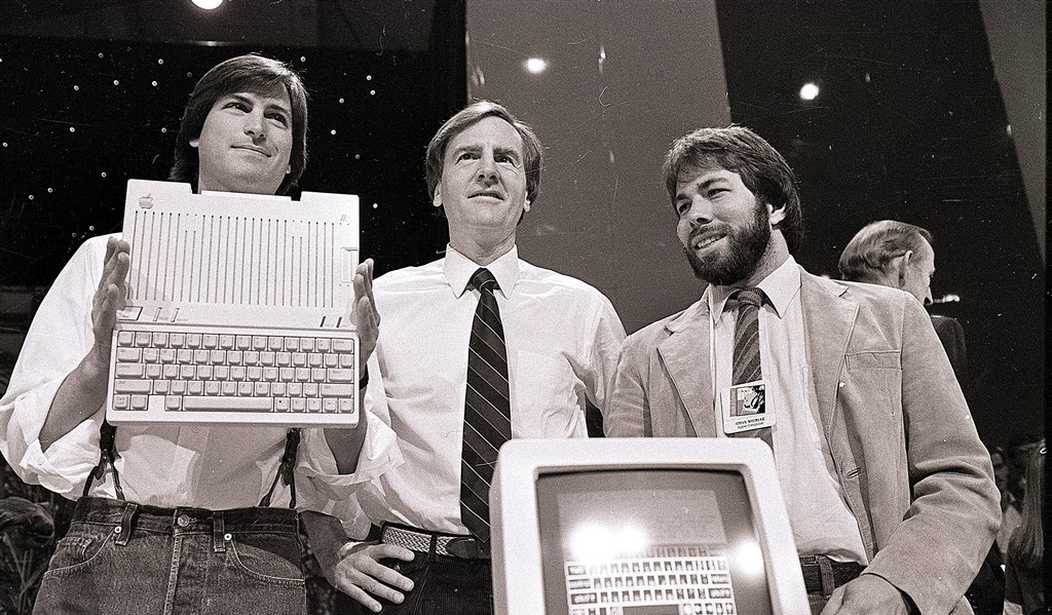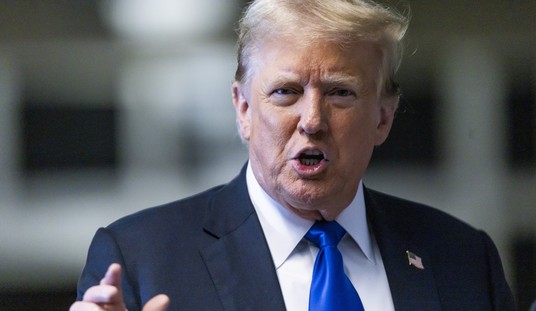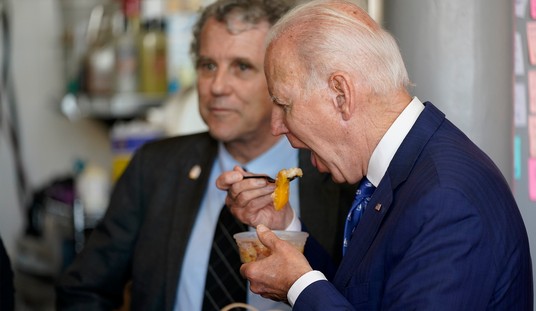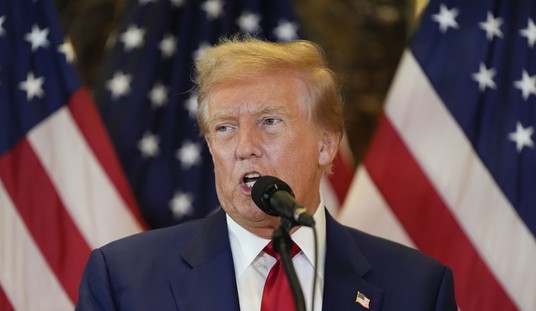Entrepreneurs are misunderstood and envied. As Chinese economist Weiying Zhang explains in a recently published book, even most economists fail to understand the true function of entrepreneurs.
Zhang shares a story about a former student who was offered a lucrative position with an international corporation when he graduated. The student was thinking about starting his own business and sought Zhang’s advice. The economist asked him what his parents thought of the idea. They were totally against it, the student replied. Zhang encouraged the student to pursue his entrepreneurial dreams. “In my view, decisions that parents agree with are likely not entrepreneurial decisions.” The student followed Zhang’s advice and is now a successful entrepreneur.
I have read many books about entrepreneurship, but Zhang’s book, Re-Understanding Entrepreneurship. What It Is and Why It Matters, which has just been published by Cambridge University Press, is the best. The author, Weiying Zhang, teaches at Peking University and is the most prominent advocate of the market economy in China. He has been studying entrepreneurship for 40 years. He rightly says that the entrepreneur should be at the center of economics – yet in many economics textbooks, entrepreneurs are hardly even mentioned. But, as Zhang explains, if you don’t understand entrepreneurship, you can’t possibly hope to understand the market economy.
Many economists see entrepreneurs almost as calculating machines, as individuals who rationally weigh up how to best utilize limited resources. However, this perception more accurately characterizes a manager. Entrepreneurs, in contrast, are more like creative artists. They typically make decisions based on their gut feeling, or intuition. However, gut feeling is by no means irrational or even mystical. In learning theory, gut feeling is referred to as “implicit knowledge,” which is the result of “implicit learning.” Implicit knowledge is acquired through practical experience, through “learning by doing.”
Recommended
The Chinese entrepreneur Jack Ma, founder of Alibaba, famously said: “It is not necessary to study an MBA. Most MBA graduates are not useful … Unless they come back from their MBA studies and forget what they’ve learned at school, then they will be useful. Because schools teach knowledge while starting businesses requires wisdom. Wisdom is acquired through experience. Knowledge can be acquired through hard work.”
Intellectuals believe that academic knowledge, i.e. what you learn at university or from books, is all that really counts. However, if success in business were solely dependent on academic knowledge, then professors of business administration would be the wealthiest and most successful entrepreneurs, because they have all the academic knowledge about business. I have met hundreds of entrepreneurs in my life, including some who established gigantic companies and earned billions, despite never having studied at university. They all told me that they make the most critical decisions with their gut. This was also the result of my doctoral thesis on the psychology of the superrich, which Zhang also refers to frequently.
Above all, entrepreneurs are opportunity seekers and opportunity finders. They discover opportunities that go unnoticed by others. Entrepreneurs are often non-conformists who swim against the tide and they are misunderstood by everyone. According to Zhang, the average person does not understand what an entrepreneur actually does and how they make money.
Intellectuals, who consider themselves intellectually superior to entrepreneurs because they have read more books, are even worse. Many people consider intellectuals to be particularly clever people, but Zhang challenges this notion with a quote from George Orwell: “Some ideas are so foolish only an intellectual could believe them, for no ordinary man could be so foolish.” The greatest catastrophes of the twentieth century were fueled by ideas supported by large numbers of intellectuals. Many intellectuals even professed admiration for dictators such as Mao and Stalin.
And so, it is no coincidence that the most radical socialist experiment in history, the Khmer Rouge regime in Cambodia, was conceived in Parisian universities, where its leaders were studying for their doctorates in Marxist subjects. They believed that a perfect economic and social system could be designed on a drawing board. As a result of this experiment, between a fifth and a quarter of Cambodia’s population perished from mid-1975 to early 1979 – estimates range from 1.6 to 2.2 million people.
According to Zhang, however, anti-capitalism is not as widespread among Chinese intellectuals as it is in the West. “Perhaps it is because the Chinese intellectuals have lived under the planned economy for more than two decades. Their memories of hunger and want under the planned economy are still fresh, whereas Western intellectuals have never experienced life under the socialist planned economy.”
Rainer Zitelmann is the author of the books The Power of Capitalism https://the-power-of-capitalism.com/; In Defense of Capitalism https://in-defense-of-capitalism.com/; and How Nations Escape Poverty https://nations-escape-poverty.com/

























Join the conversation as a VIP Member